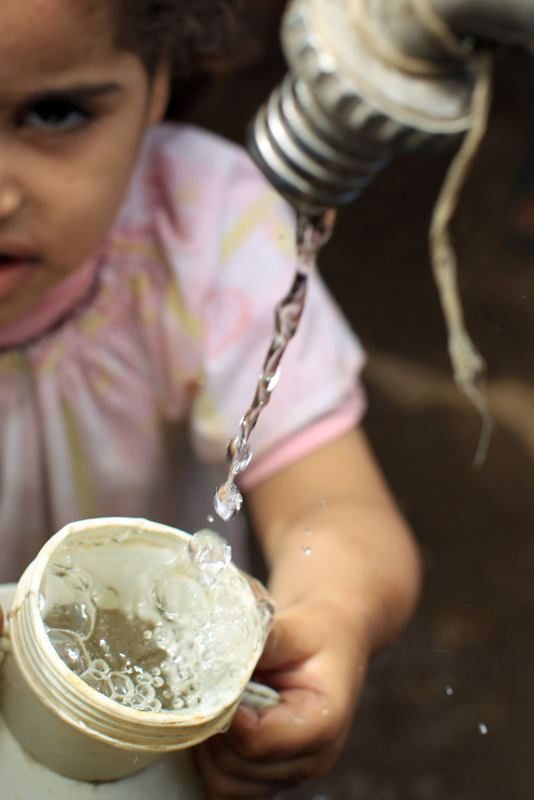Environment Minister discusses COP22 preparations with US delegation
Egypt further advocates for funding of the Africa Renewable Energy Initiative
Mental hospitals: from de facto detention to a homeless shelter
Recovered mental patients are still abandoned in hospitals because of social stigma
Doctors Syndicate starts online campaign to push for higher compensation
Cabinet continues to ignore court verdict raising doctors' compensation in case of…
Kowla villagers’ lives deteriorate as government builds New Akhmim City
In a recent study, ECESR said about 1,000 people are directly affected…
Egypt faces water shortage crisis aside from GERD: Water Minister
Cabinet is currently preparing alternative plan to adjust to water shortage
Sohag officials visit public hospital following doctor assault
Doctors Syndicate blames parliament, cabinet for contributing to increased assaults on doctors
17 fishermen reportedly detained near Benghazi port
Fisheries in Egypt are severely deteriorating, says Fishermen’s Syndicate head
World Bank facilitates talks between Egypt, Sudan, Ethiopia
Water ministers of the three countries are visiting the US to gain…
Habi Center reiterates call to disclose environmental impact assessment studies
The studies are too technical for the public to understand, says EEAA…
Cabinet curbs water-consuming plants’ cultivation to avert water shortage
Agriculture Ministry says the plan has nothing to do with GERD construction








